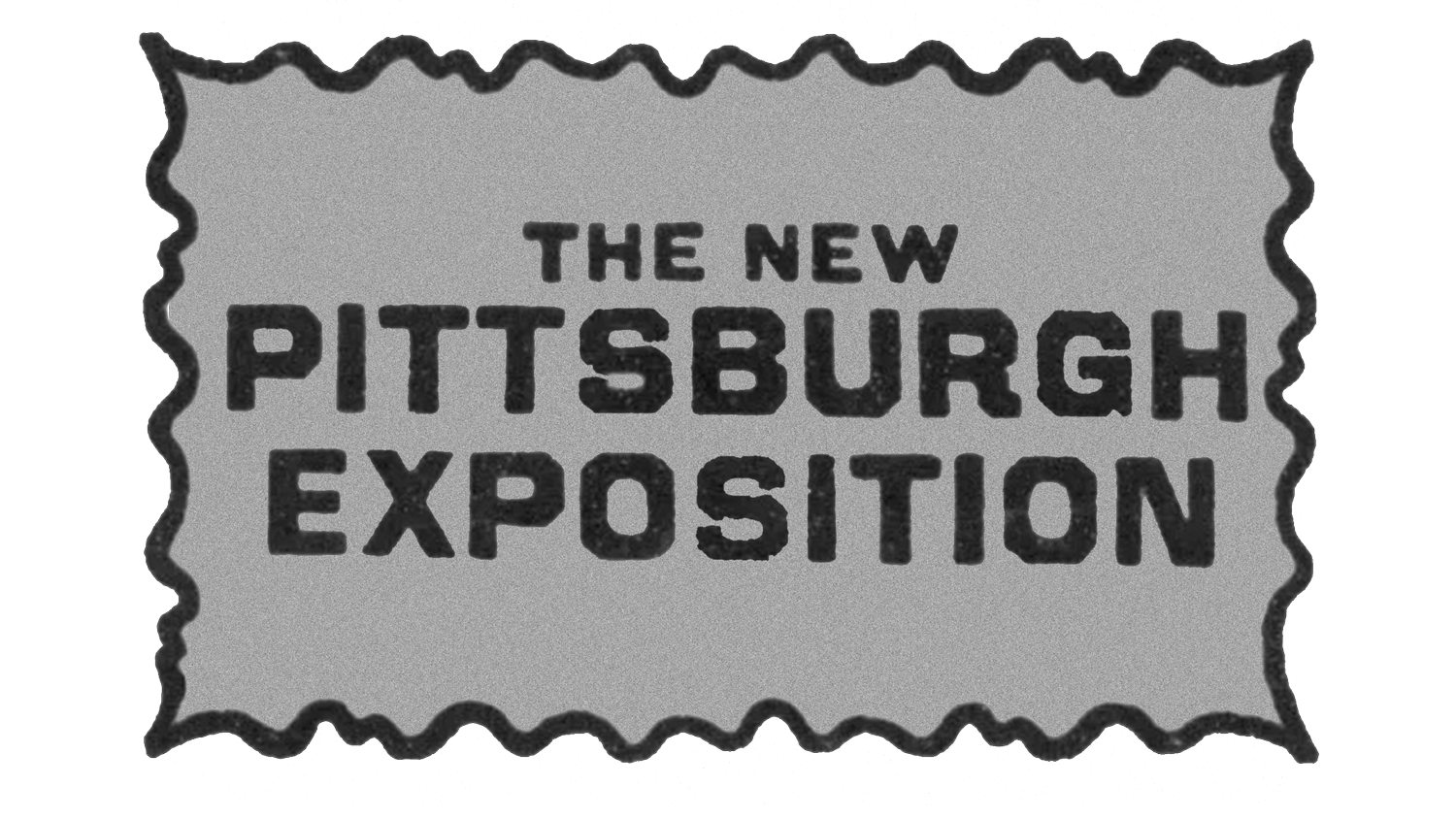Exhibition Link: https://scalar.usc.edu/works/a-nostalgic-filter/index
The medieval manuscript is by its very nature a medium of reproduction. From the earliest book-making workshops (or scriptoria) of the Middle Ages to the specialty publishers that produce luxury replicas today, the process of copying has defined the art of the book. Whether painted by hand, printed from a press, or captured in photography, facsimiles bring manuscripts to wide audiences even when the originals are too fragile for regular handling. The relationship between copies and originals has taken on heightened importance in the contemporary moment, when travel to distant collections is often impossible and access to manuscripts restricted for all but the most highly trained professionals.
This student-curated exhibition for the University Art Gallery (UAG) explores illuminated manuscripts through print and digital copies, with a focus on the University of Pittsburgh’s outstanding facsimile collection. Rare and collectible books in their own right, these lavish copies are designed to reproduce the look and feel of their inaccessible models as closely as possible. Unlike illustrations that only present a single page as a detached image, facsimiles show manuscripts as coherent books, contextualizing their illuminations within complete objects that preserve many traces of use and provenance that have accumulated between their covers over the centuries. In a time when most of our interactions happen online, handling and manipulating the books offered a rare experience: one rooted in the physical dynamics of the turning page. Facsimiles do not replace originals; nor do they reproduce them with perfect authenticity. Instead, they invite us in to see the books from new perspectives, to become curious, to turn the pages, and to learn.
The exhibition highlights new acquisitions in the University Library System (ULS) made possible in part from the Jewish Studies Course Development Grant
Curated by the students of HAA1019 (Spring 2020) and HAA1022 (Fall 2020).
This exhibition was made possible through generous support from The Fine Foundation.
Special thanks to the University Library System (ULS) at the University of Pittsburgh, especially our colleagues in Archives & Special Collections, the Frick Fine Arts Library, the Theodore M. Finney Music Library, and in Technical Services.

